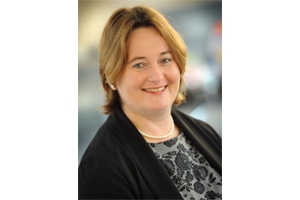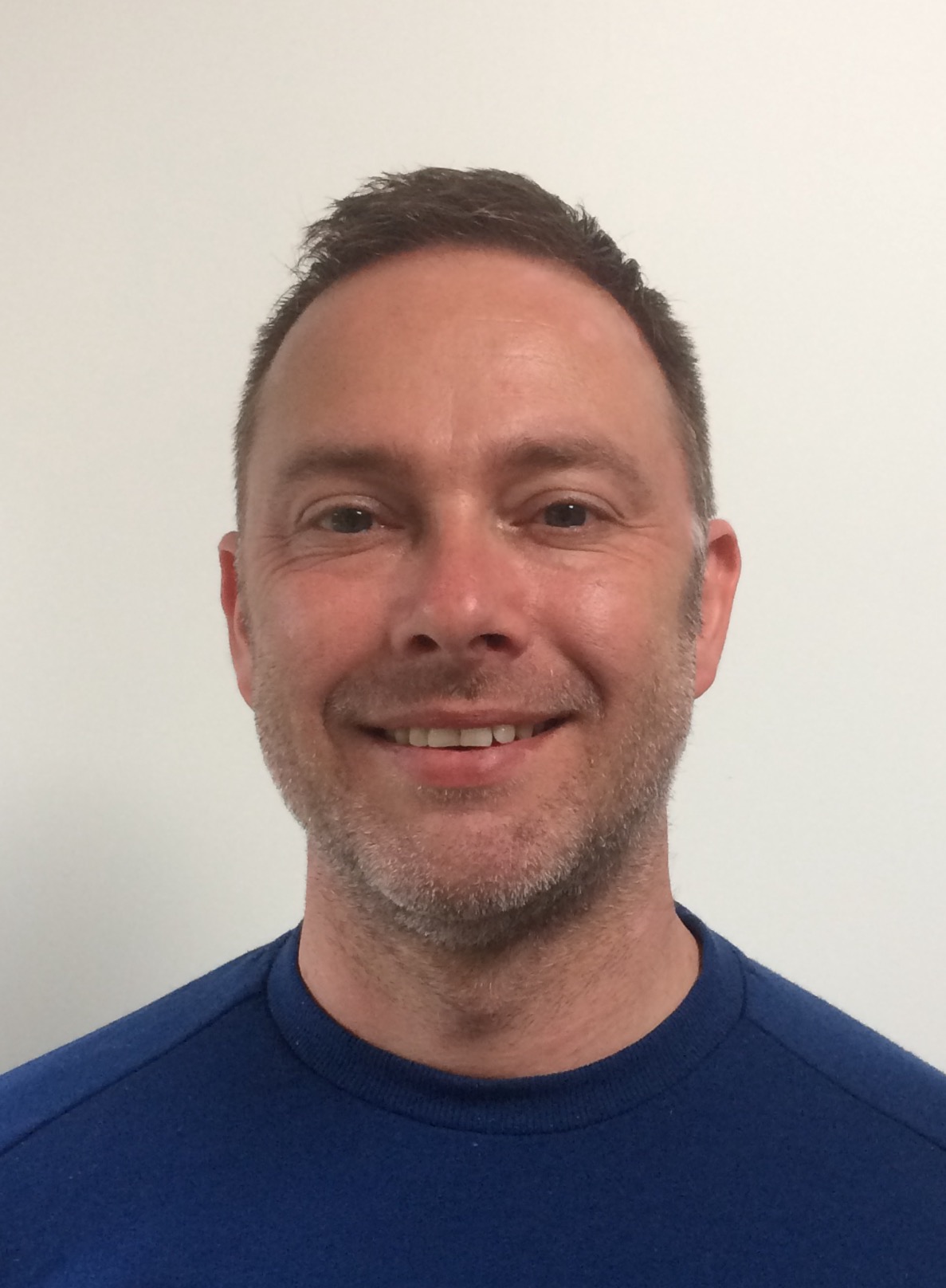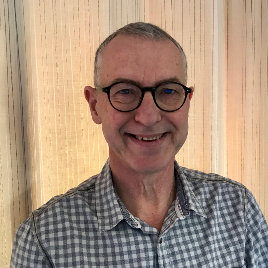‘P’ is for ‘Partnership’ and ‘Power’.
‘P’ is for Partnership and Power
In the perceptive and wonderfully clear directory ‘The A-Z of School Improvement’ by Tim Brighouse and David Woods (Bloomsbury 2013), the word ‘partnership’ is prominent in the ‘P’ section. All schools, the book contends, should have at least three partnerships. Firstly they need local support from a Local Authority and Headteacher groups, secondly they need challenge partners and thirdly they need international partnerships. I agree. The book was written ahead of the invention of Regional Schools Commissioners and the prevalence of multi-academy trusts of course, so the sources of local support, and indeed challenge, have changed in nature, but the point is still pertinent. School and system leaders need to look outside of themselves and their own experiences and learn from other schools and education systems in order to improve their own schools. That much is obvious and is the part of ‘partnership’ which most school leaders willingly engage with. The aspect of ‘partnership’ that seems rarer and in danger of being overlooked is the notion of the ‘collective’ power of local partnerships: the simple idea that we are stronger together, that our voice is louder when we speak as one.
I joined Essex as Chief Executive of a small MAT two years ago, having been a Headteacher for ten years in a neighbouring county. One of the most noticeable and refreshing things about school leadership in Essex is the strength of that collective local voice. I put that down to a wonderful organisation called ASHE: the Essex Headteacher group. It should be the model for all Headteacher groups across the country. ASHE skilfully manages to work in close partnership with the LA and MATs, ensures that small regional groups meet regularly and that colleagues are supportive of each other. Its conferences and meetings are rarely about Ofsted or performance tables, but are used to inspire Heads to do their jobs more effectively for the sake of making a difference to children.
There is no visible hierarchy amongst the gathered Headteachers: no big guns or those (the male CEOs, perhaps) who carry more sway. The atmosphere is always friendly, welcoming and collegiate.
Sharing of ideas is open, frequent and unselfish and when ASHE acts, it acts together. It has spoken with one voice about the school funding crisis, for example, co-ordinating a letter campaign to parents and MPs that has been unified and unmissable. When local Headteachers work together, we are immensely powerful.
When I first became a Head in 2006, I did not experience that notion of the ‘collective’. Ofsted categories had been recently introduced and they had been divisive, fostering a dominant atmosphere of competition rather than collaboration amongst colleagues. This was thrown into relief when, in my very first term, my bursar went off sick and I had to manage without one. I asked for help from local Heads and little was forthcoming. Had I been in a MAT (such a thing did not exist in 2006), central services would have sorted out my problems but I struggled on for months rather desperately and then finally paid for a finance service from the LA. It was certainly ‘lonely at the top’.
If we allow it to be ‘lonely at the top’ it always will be. Our problems in 2018 are common ones. We have an examination-driven curriculum that does not meet the needs of all children, a diminishing workforce and not enough funding. We have the collective power to resolve all of these issues if we actually use it. Together. ‘P’ is for ‘partnership’, but also for ‘power’.
Caroline Derbyshire






